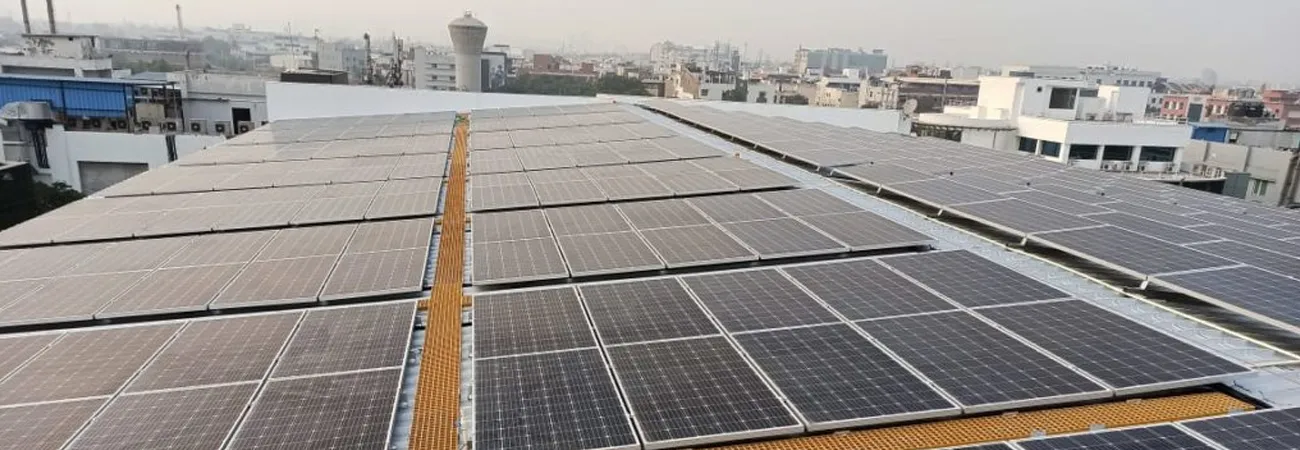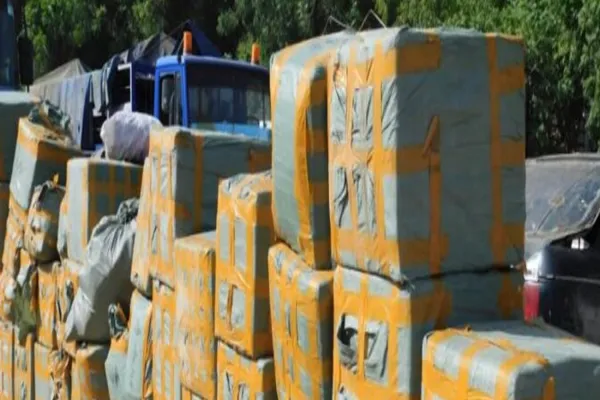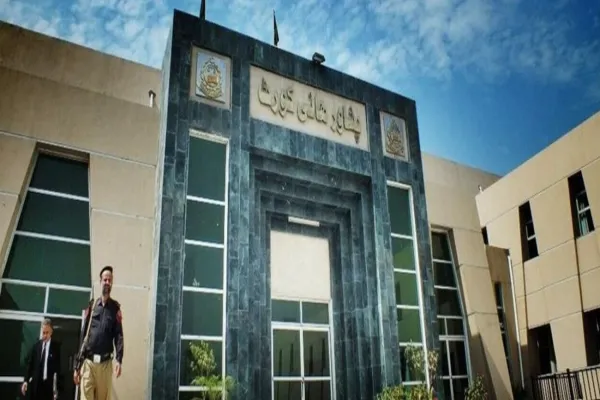i NEWS PAKISTAN
Khyber Pakhtunkhwa Chief Minister (KP) Ali Amin Khan Gandapur on Tuesday chaired a meeting of the committee for the solarization of government buildings. The initiative is aimed at addressing power shortages and promoting sustainable energy solutions across the province The meeting was attended by the Chief Minister’s Advisor on Finance, Muzzammil Aslam, and other key committee members. The meeting focused on the proposed plan to solarize a wide range of government infrastructure across the province, including hospitals, schools, colleges, universities, police stations, jails, government offices, as well as tube wells and streetlights. The committee was briefed on the ongoing data collection process regarding the electricity needs of government buildings. So far, data for 13,000 units has been compiled. To solarize these buildings, approximately 73,000 megawatts of solar system capacity will be required, which will generate an estimated 92 million units of solar electricity annually. The total estimated cost of the solarization project is approximately 10 billion rupees.
Once completed, the provincial government expects to save around 2 billion rupees annually in electricity bills. Chief Minister Ali Amin Gandapur directed the concerned authorities to expedite the completion of the project’s planning phase and finalize all preparations in the shortest possible time. The committee is expected to convene another meeting within a week to finalize the necessary steps for the project’s implementation. In addition, the Chief Minister announced that the solarization project would extend to religious institutions as well. Aimed at enhancing energy efficiency, the project will cover 7,000 mosques and 3,000 madrasas across the province. This initiative aligns with the provincial government’s broader goal of promoting renewable energy and reducing reliance on traditional electricity grids. This solarization initiative is part of Khyber Pakhtunkhwa’s broader efforts to embrace renewable energy solutions, reduce carbon emissions, and ensure energy security for its residents. The move is expected to not only lower government expenses but also contribute to a cleaner and more sustainable future for the province.
Credit: Independent News Pakistan









